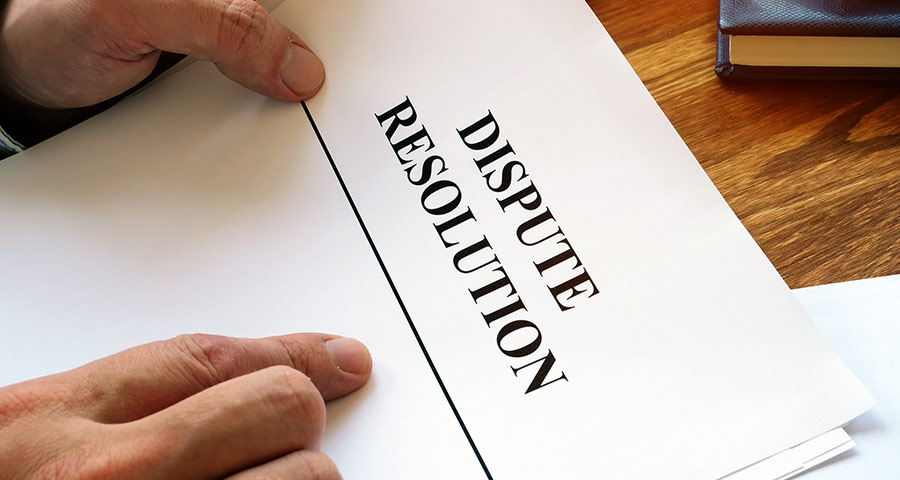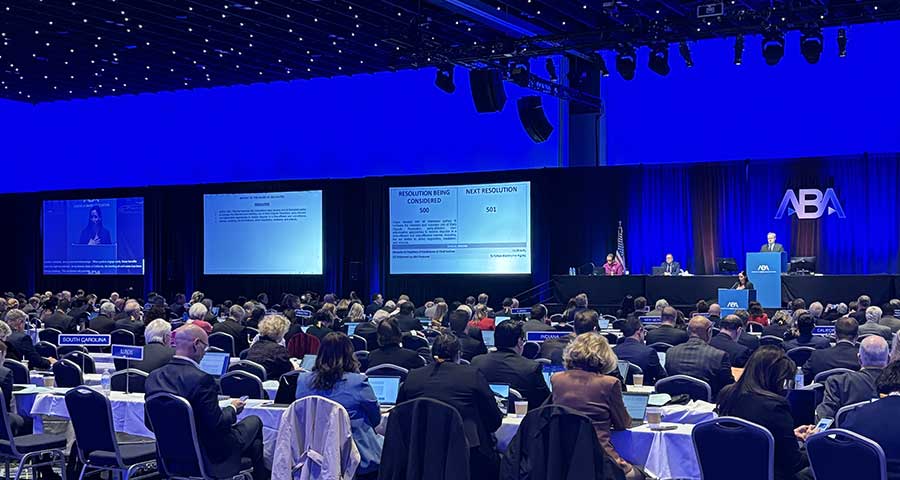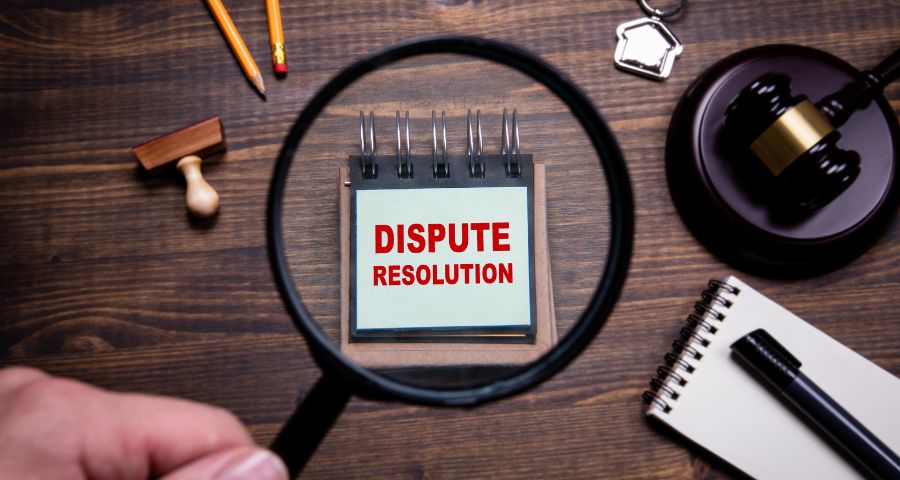
Many savvy businesses include arbitration clauses in their contracts to avoid protracted litigation should problems arise. Indeed, it is widely accepted that the inclusion of an arbitration clause in a contract is good practice. To further improve upon this practice, the inclusion of an early dispute resolution clause should be added to contracts.
Early dispute resolution (“EDR”) provides the parties with a process for resolving their dispute quicker and more cost-effectively than litigation. Litigation puts the parties in an adversarial position. EDR would take place early in the life of a dispute and can help parties to preserve their business relationships. Parties would agree to meet at the soonest possible time to discuss the issues, or a third-party neutral experienced in early dispute resolution can be hired to actively help create conditions for a successful early mediation soon after the dispute arises.
As mediation is a consensual process, the best time to agree on an early dispute resolution process is when negotiating the contract. The parties can create an early dispute resolution plan that would establish the steps to be taken when a dispute first arises, such as:
- Good faith attempt to promptly and directly negotiate a settlement of a dispute between persons authorized on each side.
- Parties' agreement that prior to this meeting, neither side will initiate an arbitration or litigation related to the dispute.
The EDR process can be flexible and adjusted to take into consideration the unique aspects of each dispute. The parties can mutually agree to include limited discovery, a mediator, and the use of experts. The parties may also agree to schedule a second meeting after the initial meeting. A written EDR process provides the parties with a starting point to negotiate resolution of a dispute at its earliest stages, long before moving forward with costly litigation.




